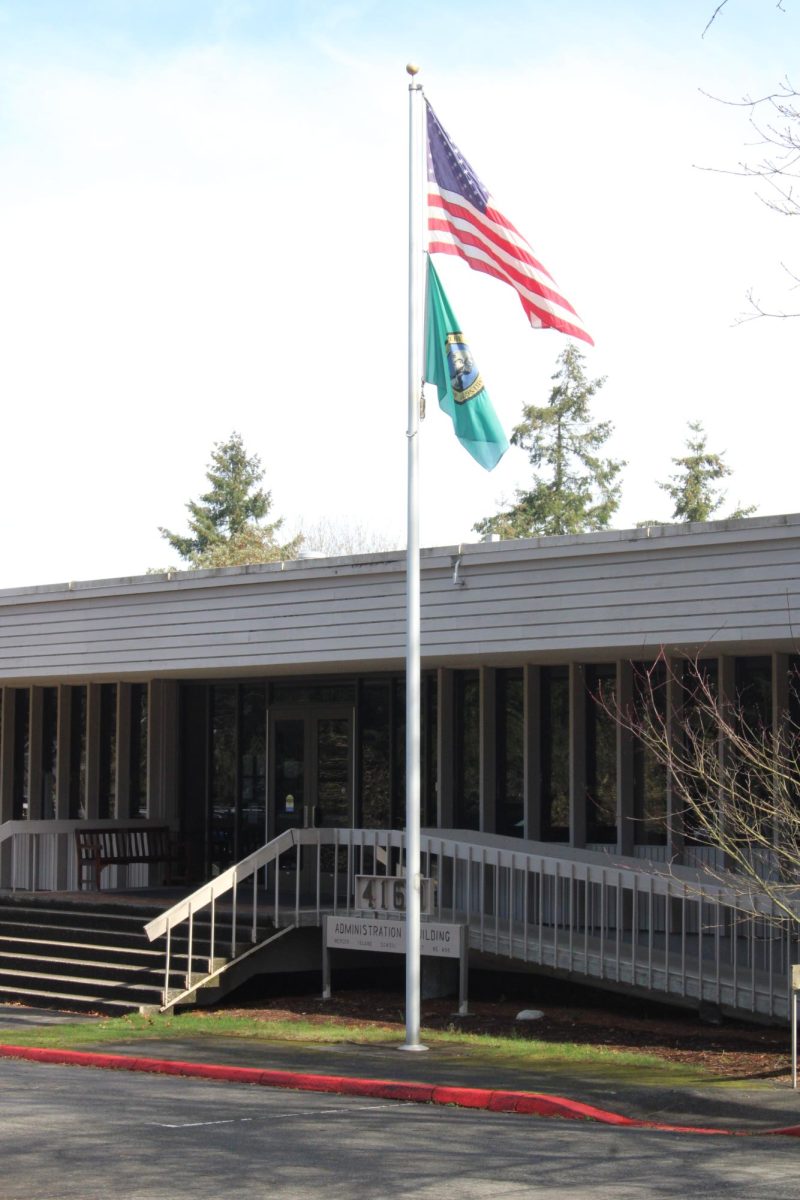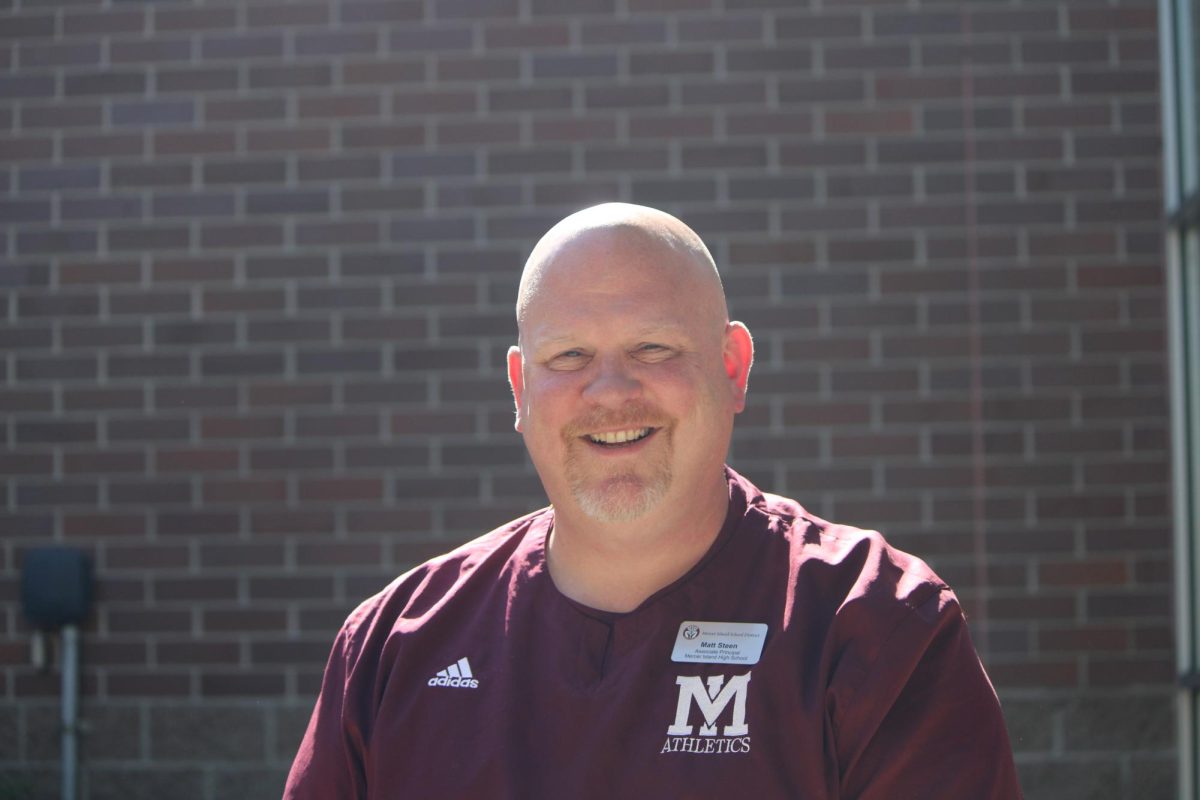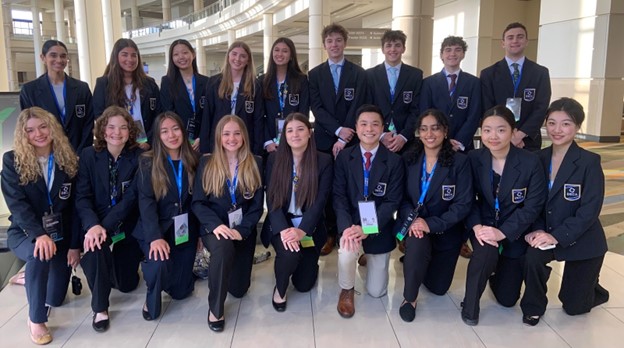The election of President Donald Trump and his many policy changes have caused concern throughout the country, including Mercer Island. Since MI is located in a blue hotspot, many of Trump’s executive orders directly contradict state and local laws. On Feb. 3 2025, Superintendent Fred Rundle sent out an email addressing these changes and the district’s response.
The email addressed two executive orders that impact schools. The first, titled “Protecting the American People Against Invasion,” has provisions that allow immigration agents to remove undocumented children from public schools. In the email, Rundle said staff would remain consistent with Washington laws that prevent agents from removing students without a warrant.
“There was not a lot coming out from districts, so I wanted to make sure that I was sending a clear message of where we stood regionally, in hopes that other superintendents and districts would follow, which they did,” Rundle said. “And I was trying to also send a message that … even if it may not seem like we have a lot [of undocumented immigrants], even if we have one student who could be impacted, or one family, we need to be there for them.”
The second executive order, “Ending Radical Indoctrination in K-12 Schooling,” aims to withdraw federal funding from public districts that teach “radical, anti-American ideologies.” These topics include education about “divisive history” (such as slavery), race, gender and sexuality. The order doesn’t detail how curricula can align with the Trump administration, but it follows the numerous states that have already limited race and queer rights education in the classroom. An example of what these bans can look like in practice is Alabama, where discussion around both topics has been limited.
“I have noticed that teachers are especially careful when discussing queerness,” said Lillian Harper, a high schooler living in Madison, Ala. who previously lived on MI. “Once, a history teacher was teaching Stonewall and it was very clear that she was afraid of some students getting offended and costing her her job. I know of three queer teachers at my school and all of them rarely mention their partners to students.”
Rundle’s email stated MISD doesn’t plan to change its education practices.
“With our state laws and district policies in mind, we will stay the course and ensure our schools are safe places for all students irrespective of how they identify and who they are as individuals.”
This executive order and a more recent one, which would begin dismantling the Department of Education, could reduce MISD’s federal income. While MISD faces a funding crisis, the effects of a federal funding cut are still unclear. Its largest federal grants, special education and Title I, are allocated by Congress, not the executive branch.
“[The federal funding] is less than 3% of our budget … at this point I am not too concerned about the financial ramifications of these two grants,” Rundle said. “What worries me is the entire infrastructure of public education for our country.”
With the Trump administration expected to continue making controversial moves over the next four years, the future of education is uncertain. Trump’s plan to get rid of the Department of Education has yet to be approved by Congress, but is a massive departure from the norm.
“I do believe that having a national entity that is governing and overseeing education for all 50 states is still important,” Rundle said in the interview. “The less we have that, the more decentralized we are, then the more fractured we’ll become.”
But as federal orders find themselves increasingly contradictory to what many believe are crucial principles, MISD’s policies will continue to align with Washington legislation.
“If we go against those orders, we’ll be in a situation where we’re going to be following our Attorney General, our Governor and the Office of Superintendent of Public Instruction, which tend to be definitely more liberal and definitely in opposition to President Trump,” Rundle said. “So I think there’s going to be a buffer there. And I don’t say that because I want to hide behind something, but … it’s really going to afford us a chance to stand firm, be who we are and make sure students know we’re there for them.”
Update, 5/22/25:
On April 10, the MI School Board passed Resolution 739: Protecting the Right To Learn: Resolution on Student Safety, Privacy and Immigration Enforcement. This resolution, based on the OSPI and Superintendent Rundle’s recommendations, designates MISD as a “safe zone” that would provide “a place for students to learn, to thrive and to seek assistance, information and support related to any immigration law enforcement that interferes with their learning experience.” It also directs ICE and other immigration agencies to submit a request to Rundle should they wish to enter one of MISD’s schools or request student information.















